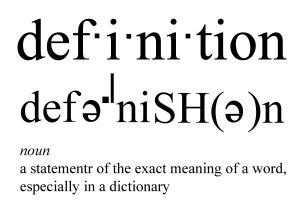The term Management Fee refers to a regular payment made by the franchisee to the franchisor or a designated management entity for the ongoing oversight, administration, and operational support of the franchised business. This fee typically covers services such as business supervision, training, marketing coordination, and operational guidance.
In a franchise relationship, the Management Fee is a recurring charge—often expressed as a percentage of gross sales or a fixed monthly amount—paid by the franchisee to the franchisor or a related management company. It compensates the franchisor for the continuous management, support, and operational services provided to maintain the brand’s standards and ensure consistent performance across all franchise locations. The Management Fee may include business consulting, quality control visits, financial reporting review, and even regional management oversight. It is separate from other fees such as royalties, marketing contributions, or technology fees, though it often complements them. The exact amount and structure of the Management Fee are specified in the Franchise Agreement and can vary significantly between franchise systems depending on the level of support provided.
Additional Definition: A sum of money the franchisee pays for continuing management aid and assistance. Such fees may be included in the royalty or service fee or may be an additional charge.
 The concept of a Management Fee emerged as franchise systems grew more complex and required a structured way to fund the day-to-day oversight of multiple locations. In early franchising models, the royalty fee was often the only ongoing payment. However, as franchisors began offering more hands-on operational management, including staffing assistance and performance monitoring, a distinct Management Fee was introduced. Today, this fee is common in industries such as hospitality, food service, and fitness—where franchisors may actively manage operations or provide comprehensive field support.
The concept of a Management Fee emerged as franchise systems grew more complex and required a structured way to fund the day-to-day oversight of multiple locations. In early franchising models, the royalty fee was often the only ongoing payment. However, as franchisors began offering more hands-on operational management, including staffing assistance and performance monitoring, a distinct Management Fee was introduced. Today, this fee is common in industries such as hospitality, food service, and fitness—where franchisors may actively manage operations or provide comprehensive field support.
Also see: The Educated Franchisee, 3rd Edition.
The Management Fee is a vital component of many franchise systems, ensuring that franchisors are compensated for the continued management and support they provide to franchisees. By clearly outlining the fee’s structure and purpose within the Franchise Agreement, both parties can maintain transparency and alignment throughout the term of the franchise relationship. Understanding the Management Fee helps franchisees evaluate the total cost of ownership and the value of the franchisor’s ongoing support.